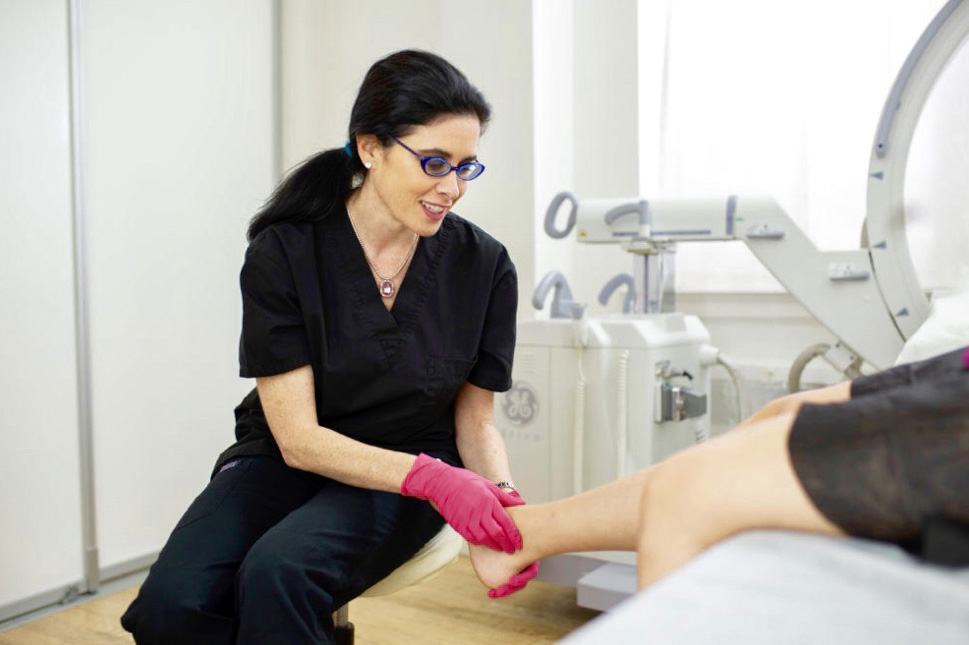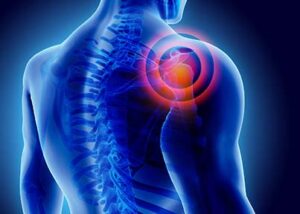What Kind Of Doctor Specializes In Veins? Exploring Treatment Options For Varicose Veins
Have you ever wondered, “What kind of doctor specializes in veins?” If you’re dealing with varicose veins, understanding the right medical professional to consult is crucial for effective treatment. Varicose veins can be more than just a cosmetic concern; they may lead to discomfort, pain, and other complications if left untreated. In this comprehensive guide, we’ll delve into the world of vein specialists and explore various treatment options for varicose veins.
Understanding Vein Specialists:
The medical field offers a range of specialists who deal with vein-related issues, and finding the right one depends on the nature of your condition. When it comes to varicose veins, the primary specialists to consider are vascular surgeons, phlebologists, and interventional radiologists.
- Vascular Surgeons: Vascular surgeons are medical professionals who specialize in the diagnosis and treatment of conditions affecting the blood vessels, including veins. They are skilled in both surgical and non-surgical interventions, making them a suitable choice for addressing varicose veins. A vascular surgeon’s expertise lies in managing the overall health of the vascular system, ensuring proper blood flow throughout the body.
- Phlebologists: Phlebologists specifically focus on disorders related to veins. These specialists undergo additional training in venous medicine, allowing them to diagnose and treat various vein conditions, including varicose veins. Phlebologists often utilize minimally invasive procedures and may work in collaboration with vascular surgeons to provide comprehensive care.
- Interventional Radiologists: Interventional radiologists are experts in using medical imaging to guide minimally invasive procedures. While not exclusively focused on veins, interventional radiologists can play a crucial role in treating varicose veins. They often use advanced imaging techniques, such as ultrasound, to visualize the veins and perform procedures like endovenous laser treatment (EVLT) or sclerotherapy.
Now that we’ve identified the types of doctors who specialize in veins, let’s explore the various treatment options available for varicose veins.
What are the Treatment Options for Varicose Veins:
- Sclerotherapy: Sclerotherapy is a popular non-surgical treatment for varicose veins. During this procedure, a solution is injected directly into the affected vein, causing it to collapse and eventually fade away. Sclerotherapy is particularly effective for smaller veins and spider veins, providing a cosmetic improvement and relief from symptoms.
- Endovenous Laser Treatment (EVLT): Endovenous Laser Treatment, also known as laser ablation, involves the use of laser energy to seal off the affected vein. This minimally invasive procedure is performed under local anesthesia and has a high success rate in treating larger varicose veins. EVLT results in improved blood flow and reduced symptoms without the need for traditional surgery.
- Radiofrequency Ablation (RFA): Similar to EVLT, Radiofrequency Ablation is a minimally invasive procedure that uses thermal energy to close off problematic veins. This technique is effective in treating larger veins and is associated with less pain and a shorter recovery period compared to traditional vein surgery.
- Ambulatory Phlebectomy: Ambulatory Phlebectomy is a surgical procedure that involves the removal of superficial varicose veins through tiny incisions. This technique is suitable for larger veins that may not respond well to non-surgical treatments. Ambulatory Phlebectomy is often performed as an outpatient procedure, allowing for a quicker recovery.
- Compression Stockings: While not a surgical intervention, compression stockings play a vital role in managing varicose veins. These specially designed stockings provide external pressure to the legs, promoting better blood circulation and reducing swelling and discomfort associated with varicose veins. Compression stockings are often recommended as a conservative measure or in conjunction with other treatments.
Choosing the Right Treatment and Specialist:
The choice of treatment and specialist depends on various factors, including the severity of your varicose veins, your overall health, and your preferences. Consulting with a qualified healthcare professional is crucial in determining the most appropriate course of action for your specific case.
When seeking a doctor for varicose vein treatment, consider the following:
- Experience and Credentials: Look for a specialist with experience in treating varicose veins. Check their credentials, board certifications, and any additional training in venous medicine.
- Treatment Options: Inquire about the range of treatment options offered by the specialist. A comprehensive approach that includes both non-surgical and surgical interventions ensures personalized care based on your unique needs.
- Patient Reviews: Read patient reviews and testimonials to gain insights into the experiences of others who have undergone treatment with the specific doctor. Positive feedback and successful outcomes can instill confidence in your choice.
- Consultation: Schedule a consultation to discuss your symptoms, medical history, and treatment preferences. A thorough examination will help the specialist determine the most suitable treatment plan for you.
In conclusion, if you’re wondering what kind of doctor specializes in veins, you have several options to choose from. Whether it’s a vascular surgeon, phlebologist, or interventional radiologist, these specialists are equipped to address varicose veins through a variety of effective treatments. Taking the time to explore your options and consult with a qualified professional will pave the way for successful varicose vein treatment and improved vascular health.











Post Comment